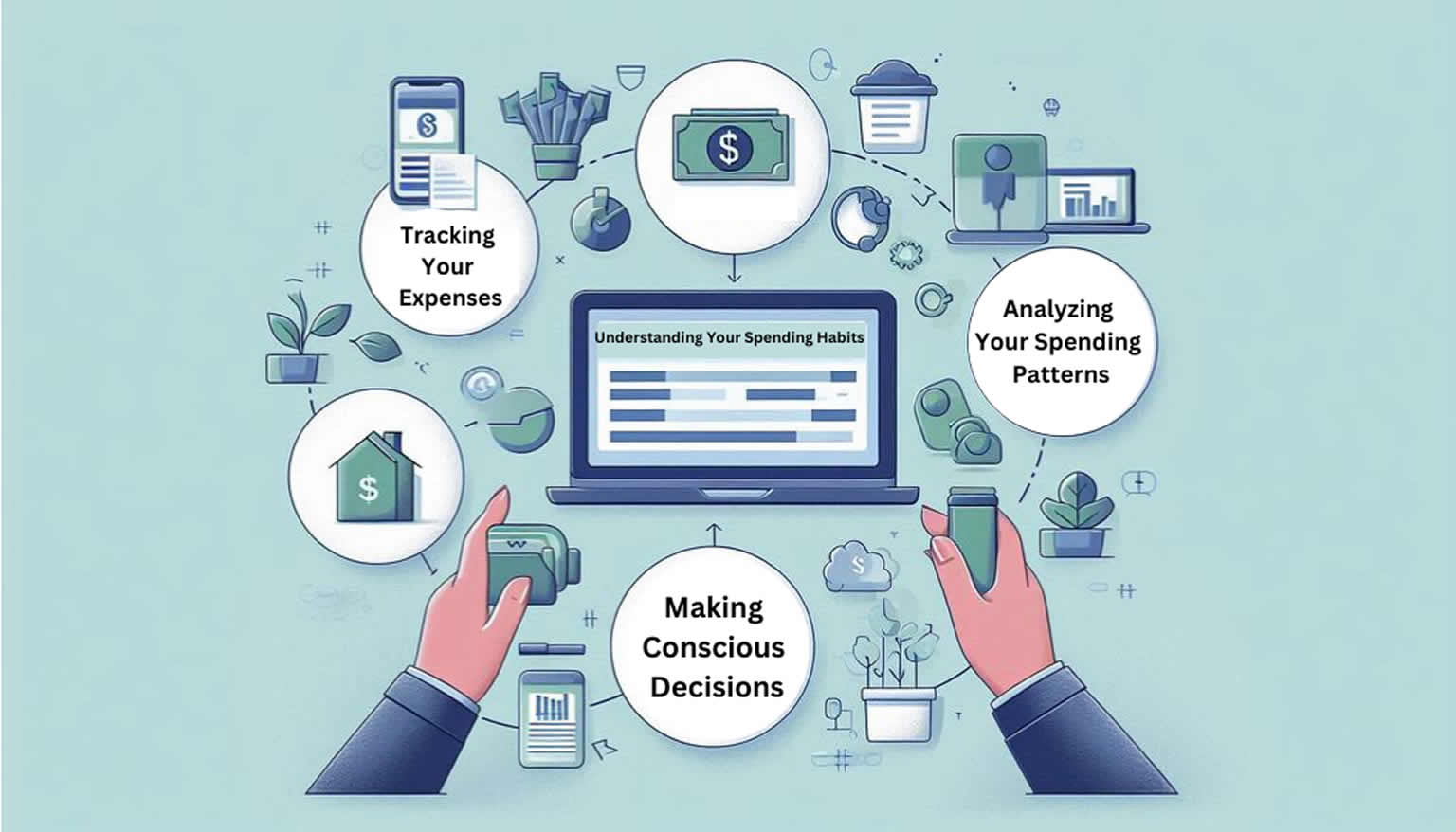When it comes to improving your personal finances, you might think that getting a higher-paying job or receiving an unexpected windfall is the only way to make progress. However, better money management can make a significant difference without those drastic changes. By being smart with your money, you can reduce spending, increase your ability to save and invest, and achieve financial goals that might have once seemed out of reach.
Even if you feel like you’re stuck in a financial rut with no way out, there are several practical strategies you can use to create a better situation for yourself. It’s not about making huge sacrifices but rather about making intentional, manageable changes that add up over time. And if you’re ever in a tight spot and need some quick cash, options like a title loan without store visit can be helpful, but long-term management is key.
Create a Realistic Budget
The first step to better money management is creating a realistic budget. This isn’t about restricting yourself to the point of misery but about understanding where your money goes each month. Start by listing your income and all your expenses, from rent and utilities to groceries and entertainment. Don’t forget to include those small, often overlooked purchases like coffee or streaming subscriptions—they add up more than you might think.
Once you have a clear picture of your spending, categorize your expenses into needs and wants. This will help you identify areas where you can cut back without feeling deprived. Setting a budget isn’t just about tracking expenses; it’s about creating a plan for your money that aligns with your goals and values.
Automate Your Savings
One of the easiest ways to improve your savings habit is by automating it. Set up an automatic transfer from your checking account to your savings account each month. This way, you’re paying yourself first and ensuring that money is being set aside before you even have a chance to spend it.
Even if you start with a small amount, like $20 or $50 a month, the key is consistency. Over time, these regular contributions will grow, and you’ll have a solid financial cushion for emergencies or future investments. Automating your savings also makes it less tempting to skip a month, as it’s done without any effort on your part.
Track Your Spending Habits
Understanding your spending habits is crucial for better money management. Take some time to track where your money is going each month. You might be surprised to see how much you’re spending on non-essentials like dining out, impulse buys, or that daily coffee shop run.
Use apps or budgeting tools to monitor your expenses and see if there are areas where you can cut back. For example, if you notice that you’re spending a lot on takeout, try cooking more meals at home. Not only will you save money, but you might also discover a new hobby in the kitchen.
Set Clear Financial Goals
Having clear financial goals gives you something to work towards and can make it easier to manage your money wisely. Your goals might include paying off debt, building an emergency fund, saving for a vacation, or investing for retirement. Whatever they are, make sure they’re specific, measurable, and have a timeline.
Break down your goals into smaller, manageable steps. For instance, if you want to save $1,000 for an emergency fund in six months, figure out how much you need to set aside each month to reach that goal. Setting clear goals helps you stay focused and gives you a sense of accomplishment as you make progress.
Limit High-Interest Debt
High-interest debt, like credit card balances, can quickly spiral out of control and make it harder to manage your money. If you have high-interest debt, make it a priority to pay it off as quickly as possible. Consider using strategies like the debt snowball (paying off the smallest balances first) or the debt avalanche (focusing on the highest interest rates first) to tackle your debt effectively.
While paying off debt, try to avoid taking on new debt. If you do need a loan for an emergency, look for options with lower interest rates or more flexible terms. For example, if you need quick cash and have a vehicle, you might consider a title loan without store visit, but be sure to understand the terms and have a plan for repayment.
Practice Mindful Spending
Mindful spending is about being intentional with your purchases. Instead of making impulse buys, take a moment to ask yourself if the purchase is something you truly need or if it’s just a fleeting desire. By practicing mindfulness with your money, you can reduce unnecessary spending and focus on what truly matters to you.
One way to practice mindful spending is to implement a “cooling-off” period. If you see something you want to buy, wait 24 hours before making the purchase. This gives you time to think it over and decide if it’s really worth it. Often, you’ll find that the initial urge fades, and you can skip the purchase without feeling deprived.
Review and Adjust Regularly
Better money management isn’t a one-time task; it’s an ongoing process. Make it a habit to review your budget, spending habits, and financial goals regularly. This will help you see if you’re on track and make any necessary adjustments. Life changes, and so do your financial needs, so it’s important to be flexible and willing to adapt your plan as needed.
Maybe you got a raise at work, or perhaps an unexpected expense came up—whatever the case, regularly reviewing your finances ensures that you’re making informed decisions that align with your current situation and future goals.
Conclusion
Improving your personal finances doesn’t require a massive income boost or a stroke of luck. With practical strategies like creating a realistic budget, automating your savings, tracking spending habits, and setting clear financial goals, you can take control of your money and work towards financial stability. It’s about making intentional choices that add up over time, giving you the freedom and security to reach your financial dreams. So start today, take small steps, and watch as better money management leads to a brighter financial future.














